There is beauty and meaning littered throughout the repetitive actions of Jonás Trueba’s endlessly playful Directors’ Fortnight romcom The Other Way Around.
The Other Way Around Is Repetitive. Meaningful. Beautiful. Repetitive.
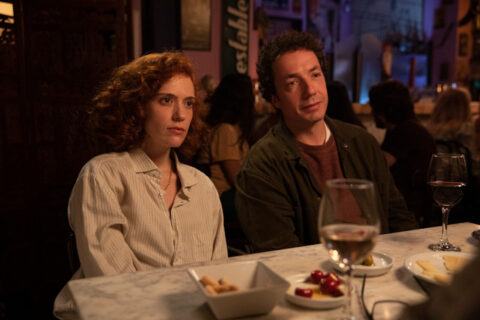
Exploring the Outer Edge of Film

There is beauty and meaning littered throughout the repetitive actions of Jonás Trueba’s endlessly playful Directors’ Fortnight romcom The Other Way Around.
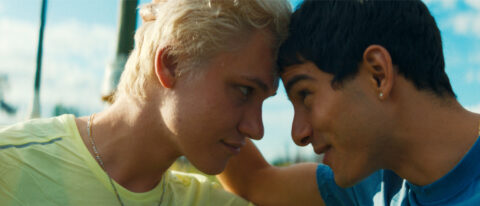
Antoine Chevrollier’s Block Pass captures its working-class milieu well but suffers due to its tired secondhand framing of queer suffering.
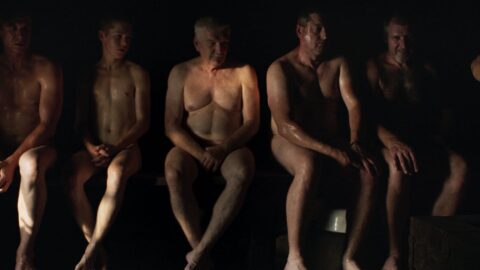
Sauna Day, Anna Hints follow-up to Smoke Sauna Sisterhood, trades female intimacy for male suppression, to eroticised and compelling results.
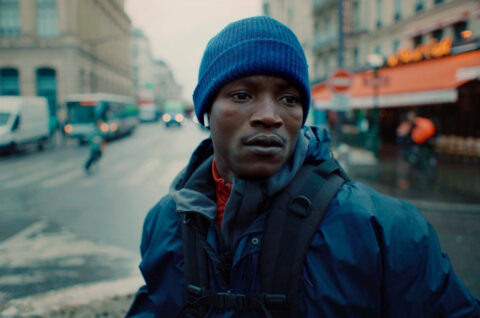
The Story of Souleymane is a tightly-focussed, Dardenne-esque tale of an immigrant delivery driver trying to make ends meet that brims with heartfelt emotions.
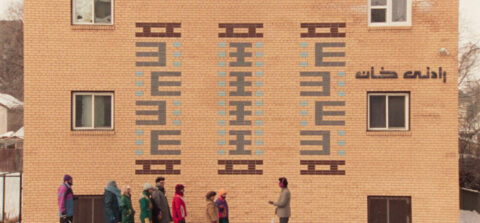
Matthew Rankin’s culture-bending comedy fable throws up all kinds of intellectual questions, but rarely engages on a deeper, emotional level.
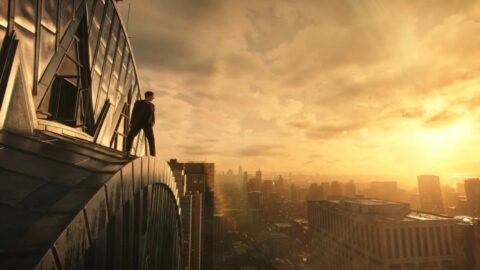
Francis Ford Coppola’s long-awaited, soon-to-be-endlessly-debated, epic Megalopolis asks you to consider the power of art to change the course of time.
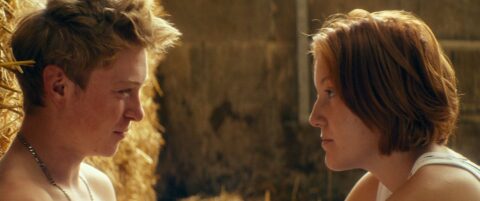
Love and cheese freely intermingle in Louise Courvoisier’s diverting yet underwhelming debut Holy Cow, (somehow) playing in Un Certain Regard.
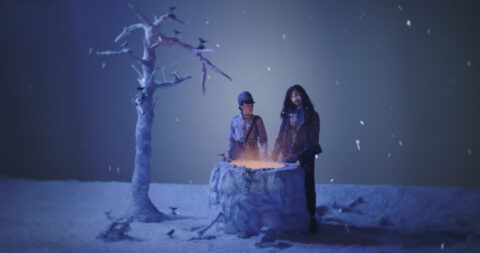
Disturbing and entertaining in equal measure, Cristobal León and Joaquín Cociña’s wildly inventive metafiction The Hyperboreans is a standout work from Cannes.
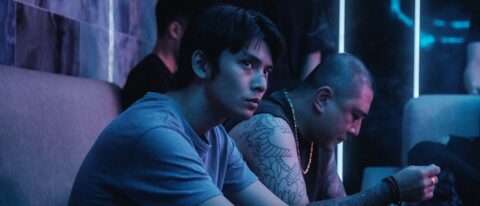
The twin spectres of China and capitalism haunt every frame of KEFF’s gangland debut Locust, with shades of Edward Yang’s A Brighter Summer Day.
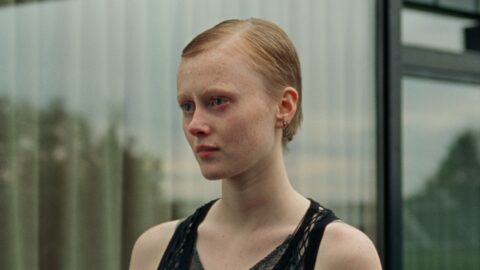
When the Light Breaks is Rúnarsson’s return to his earlier, sadder work, but is undone by an unnecessarily sentimental streak. Opens Un Certain Regard.